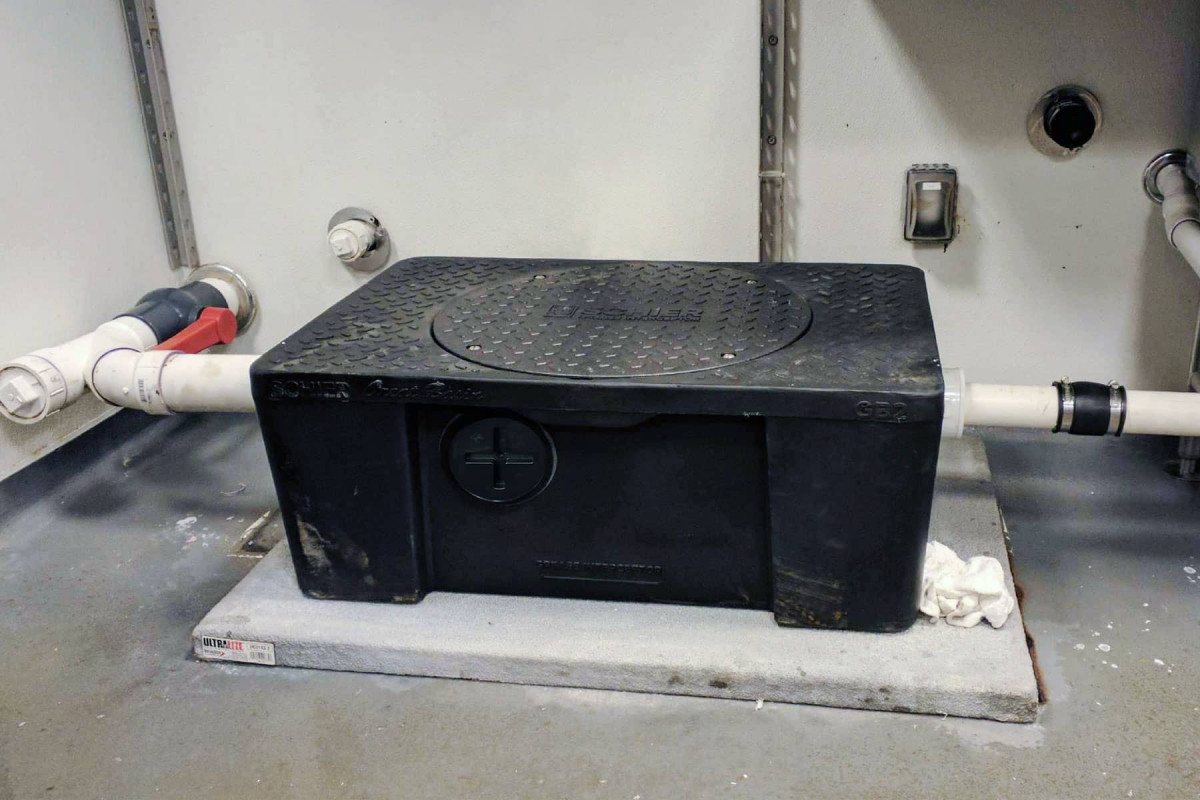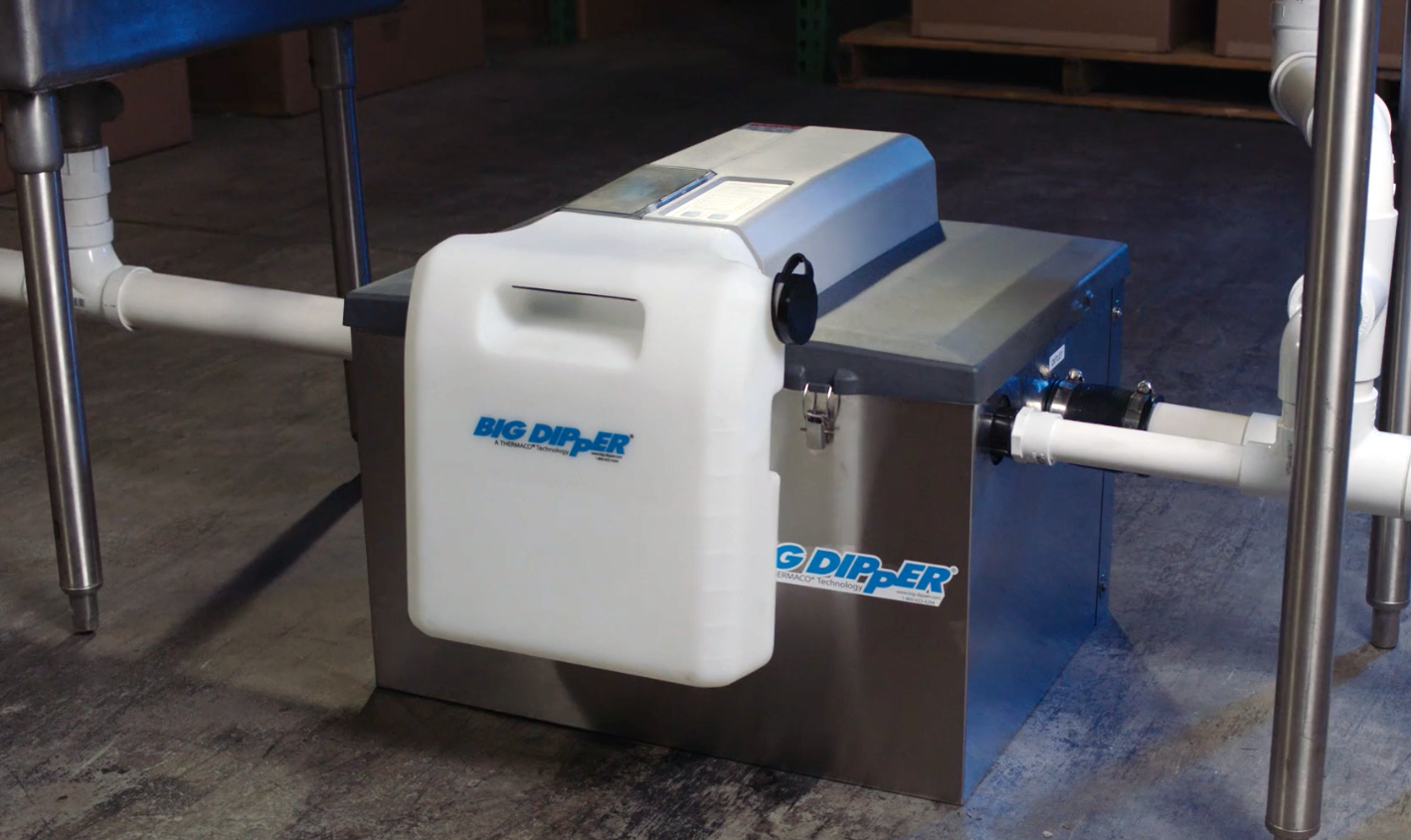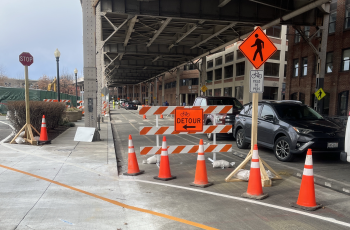
Why It Matters
Fats, Oils, and Grease (FOG) can clog pipes and cause costly sewer overflows. DC Water works with Food Service Establishments (FSEs) to prevent these issues through education, inspections, and enforcement.
What is a Food Service Establishment (FSE)?
Any commercial or government facility that prepares or serves food—such as restaurants, cafés, cafeterias, and institutional kitchens. FSE Responsibilities
What is a FOG inspection?
DC Water conducts regular inspections to ensure Food Service Establishments (FSEs) comply with DC Municipal Regulations regarding fats, oils, and grease (FOG) management.
These inspections are non-intrusive and do not involve service disconnection or disruption to FSE operations. During the inspection, a compliance specialist will observe kitchen Best Management Practices (BMPs) and assess the operation of grease-generating equipment connected to wastewater drainage systems. The specialist will document cooking and washing equipment and guide any compliance concerns.
Additionally, DC Water will inspect and document any pretreatment devices—such as grease interceptors—to ensure they effectively protect the sanitary sewer system from illicit discharges.
FSEs can register and log in to the FOG BMP portal to view the results of their inspections and stay informed about compliance status.
FSE Best Management Practices or BPMs
To stay compliant and protect your plumbing, follow these BMPs:
- Install and maintain a grease abatement system per the DC Plumbing Code. Keep a record of maintenance.
- Collect and recycle used cooking oil.
- Store and transport cooking oil in covered containers and don't overfill.
- Use drain screens and avoid putting greasy food down garbage disposals.
- Scrape or wipe food scraps and oily residue from dishes and cookware before washing. Dispose of these food scraps and residue in the trash.
- Properly dispose of hood cleaning wastewater into a drain connected to a grease trap or interceptor.
- Do not use corrosive cleaning products. This may strip metal surfaces, causing metals to build up in the grease trap or interceptor and violate DC Water pretreatment standards.
- Place absorbent pads in areas of frequent drips or spills and/or cover floor drains in the vicinity of fryers and griddles.
- Create and use spill kits to remove grease from floors before mopping.
- Display kitchen signs or posters with BMPs prominently in the kitchen.
- Train new employees in kitchen BMPs
Cleaning and Maintaining Grease Interceptors
All FSEs must install and maintain a grease interceptor per the DC Plumbing Code, unless otherwise approved by DC Water
Gravity Grease interceptors must be cleaned by a contractor that specializes in that service.
Hydromechanical grease interceptors larger than 35 GPM should also be cleaned by a FOG Waste Hauler. If the size of the interceptor is less than 50 GPM, you can clean the device yourself.


For more information or to schedule an inspection, email us at fog@dcwater.com
Protect Your Business
Don’t let FOG shut you down.
Stay compliant. Stay clean. Partner with DC Water.



